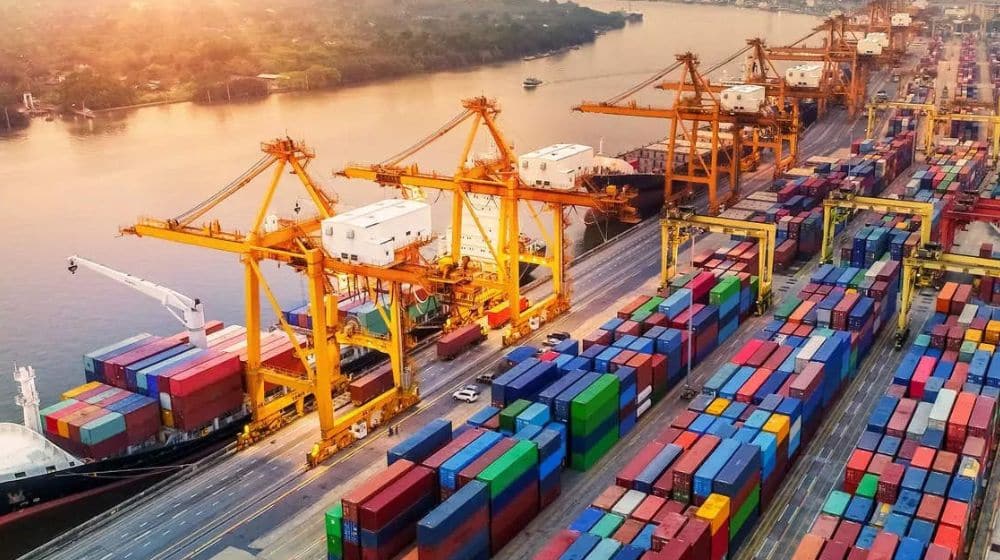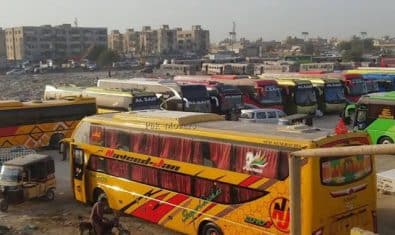Exporters are facing the burden of filing multiple tax returns, making payments, and facing audits of multiple provincial sales tax authorities, boards of revenue, and provincial excise.
This has been revealed in the FBR report (Stakeholder Engagement Plan) issued under the World Bank-funded Pakistan Raises Revenue Project (PRRP).
The report said that the sector-wise business associations wield considerable experience in the economic milieu depending on their size and role in the economy. Interviews were conducted with key representatives of the Pakistan Weaving Mills Association (PWMA) and the Pakistan Vanaspati Manufacturers Associations (PVMA) to elicit responses to the reform agenda of the PRRP and learn about issues that are critical for these sectors.
Tax administration at the federal and provincial levels lacks the requisite standards of digitization, integration, and technical capacity. Any exercise relating to comprehensive tax reforms cannot be a time-bound affair and does not entail merely altering tax laws or sporadic cosmetic changes.
Reforms can only be successful through a comprehensive analysis of the system, ranging from tax structure, tax administration, state of the economy, taxpayers’ attitude, revenue needs of the country, etc.
There has been a need to establish a National Tax Council (NTC) to harmonize the tax collection system. The widest possible taxpayer base has to be identified for any tax to be equitably spread across the whole taxpayer population. Tax at a lower rate spread over a wide taxpayer base will invariably yield more revenue than a higher tax on a narrow base. The government should simplify the tax system and introduce harmonized tax rates to attract more taxpayers into the tax net.
Exporters face the burden of filing tax returns, making payments, and facing audits of multiple provincial sales tax authorities, boards of revenue, and provincial excise. A single tax return must be filed once all revenue authorities are integrated and integration of FBR with different authorities and bodies can pave the way for significant tax collection.
One of the core issues businesses face pertains to the ease of doing business and tax automation.
There should be a fast-track process- through an online system and less reliance on human resources. In terms of filing taxes, the FBR needs its software and IT equipment. The interviewees also mentioned issues that they have been facing with refunds. There is a lingering issue about export refunds in the textile sector for instance as the Drawback of Local Taxes and Levies (DLTL) through the State Bank, usually takes a long time in addition to the refund for GST has to be strengthened.
Similarly, the Pakistan Tanners Association is another stakeholder representing the 2nd largest export-earning sector of leather and leather products. The leather industry produces fine-quality finished leather for export as well as for home consumption. It contributes 5 percent to the GDP and 5.4 percent to the overall export earnings of the country. It would add value to the stakeholder perspectives to engage in consultations with other business groups and assess the extent to which their issues are sector-specific or general problems that FBR may be able to address more efficiently and in a shorter period, the report added.






















